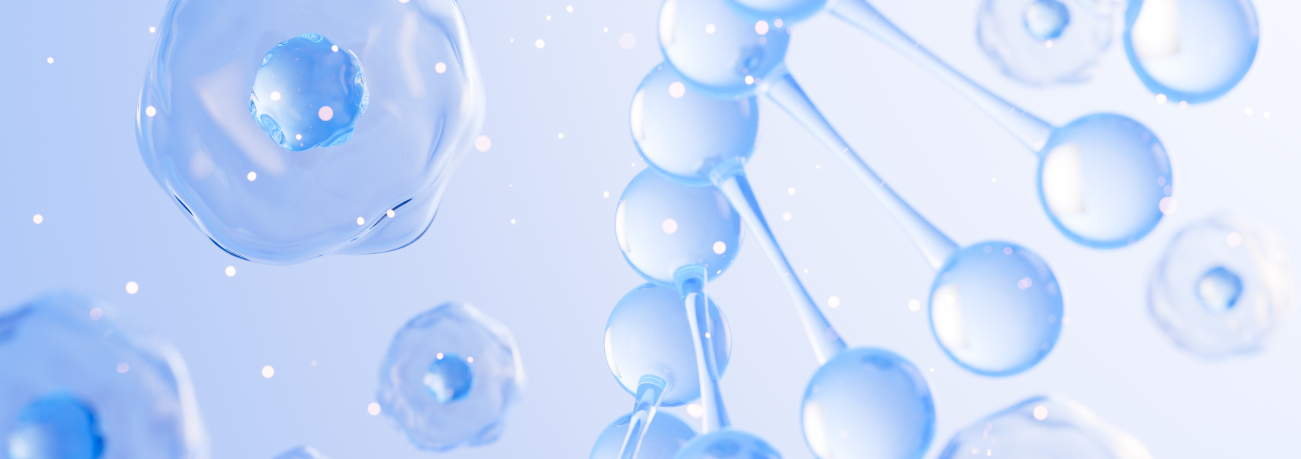NEWS > 09 July 2025
The growing attention of beauty consumers on sustainability has put a spotlight on the ingredients and raw materials segment. Dealing with scientific innovation and attention to nature, suppliers all around the world are constantly investing in new solutions, influencing the market and driving to a different approach to the beauty.
During the last edition of Cosmoprof Worldwide Bologna, companies specialized in ingredients and raw materials were the protagonists of a special area of Cosmopack, the salon showcasing the best in the cosmetics supply chain. The Fragrances and Ingredients Zone hosted raw materials and ingredients suppliers, as well as fragrance houses, fragrance creators and manufacturers. Exhibiting companies focused on natural ingredients, biotech innovations and plant extracts, as well as fragrance inputs, essential oils, perfumery, candles and ambience fragrances. Furthermore, the changes in ingredients supply was a big topic of CosmoTalks, the educational format of Cosmoprof Worldwide Bologna, with dedicated sessions and insights.
The session entitled “Sustainability schemes & labels for cosmetic ingredients”, with ECOVIA INTELLGIENCE as main partner, dealt with implications of sustainability in cosmetics ingredients, with the moderation of Iveta Kovacova, Research Director at ECOVIA Intelligence. “The attention to biodiversity and the investments in new solutions replacing existing ingredients are key elements for sustainability in the cosmetics industry”, highlighted Didier Thevenin, Brand Development Director at Melvita, who took part as speaker in the panel discussion. “Anyway, to increase attention on planet health, certifications and regulations pay a strategic role in matching business and preservation of nature. A more synergic approach, with one unique global certification instead of the multiple actual entities, as well as global standards and regulations for all markets would mark a significant change”.

New technologies and AI tools are deeply impacting the supply processes and the development of new ingredients in the cosmetics industry. Challenges and opportunities were analyzed during the last edition of Cosmoprof Worldwide Bologna, on the occasion of the CosmoTalks session entitled "Ingredients & AI: beauty's automated future”, with Stylus as main partner.

“For product development and R&D teams it is essential to work well with digital and marketing offices in order to explain new ingredients and their benefits to consumers”, highlighted Nima Salehi, Global Head of Technology & Online Channels at The INKEY List, a UK skincare brand. “Making your customers understand properly and in a easy way the ingredients you are launching, their origin, their beneficial properties is a key factor for making a new launch be successful. This is the best way for a brand to win trust from consumers”.
Do you want to stay updated on all the trends and insights of the beauty world?
Subscribe to our newsletter and don’t miss any of the editorial content signed by Cosmoprof.